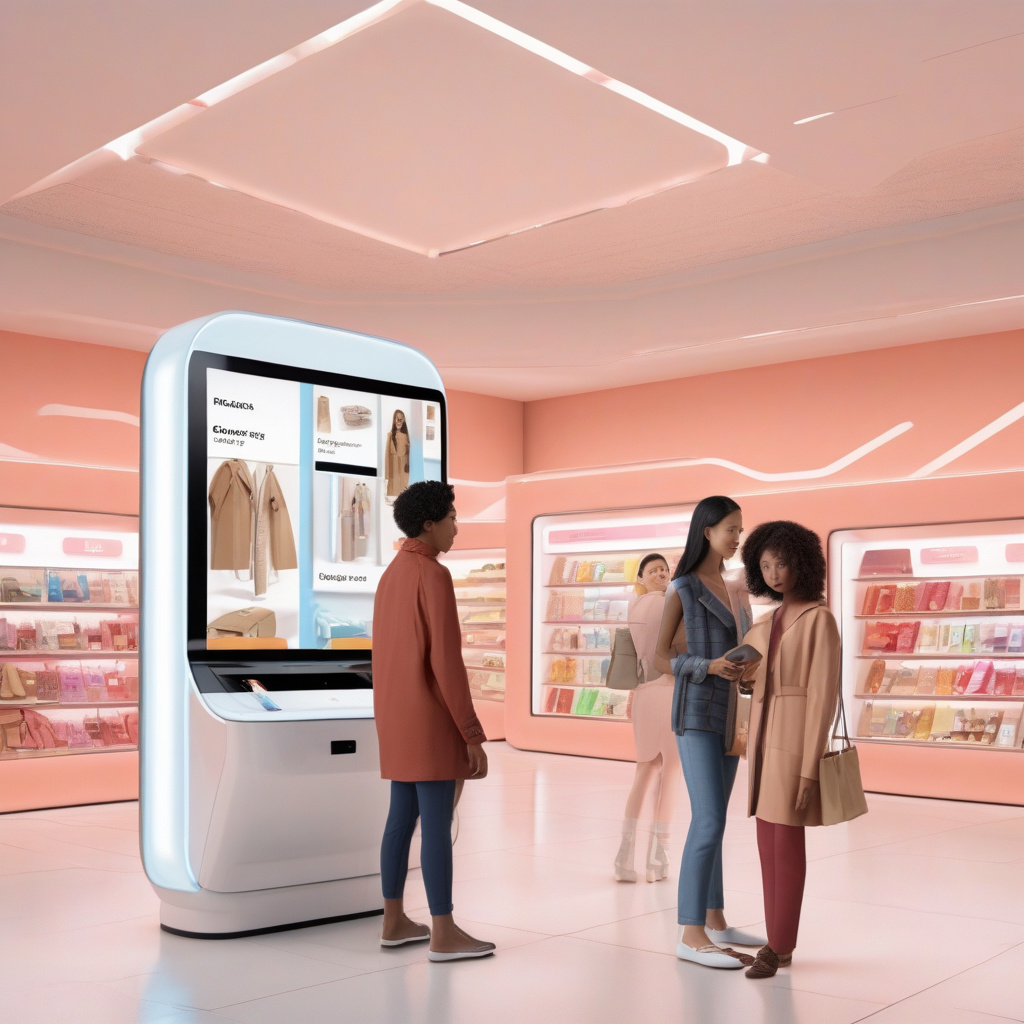The Debrief | Would You Let AI Shop for You?
In recent years, artificial intelligence (AI) has infiltrated various aspects of our daily lives, and shopping is no exception. AI shopping agents are emerging as potential game-changers, promising to learn our tastes, style outfits, and even handle checkouts on our behalf. With such capabilities, one must wonder: are we ready to let AI take the reins when it comes to our shopping preferences? The Debrief recently sat down with Malique Morris, an expert in e-commerce technology, to discuss what it takes for these tools to transition from hype to habit.
The concept of AI shopping agents might seem like something out of a science fiction novel, but the reality is that these technologies are rapidly becoming accessible. Imagine a virtual assistant that knows your favorite brands, understands your style preferences, and can even predict what you might want to buy next. This is not just a pipe dream; several companies are already testing AI algorithms that analyze previous purchases, social media behavior, and even browsing history to tailor shopping experiences to individual consumers.
However, the transition from curiosity to everyday use is often fraught with challenges. According to Morris, one of the primary hurdles is trust. “Consumers need to feel confident that AI understands them and has their best interests at heart,” he says. Trust is built through consistent and accurate recommendations that lead to satisfactory purchases. If an AI shopping agent suggests an outfit that simply does not resonate with a user’s taste, they may be hesitant to rely on it in the future.
Another crucial factor is personalization. For AI shopping agents to truly resonate with consumers, they must deliver highly personalized experiences. Morris emphasizes the importance of understanding the nuances of individual style. “It’s not just about knowing someone’s size or favorite color,” he explains. “It’s about understanding the context in which they wear certain outfits—occasions, seasons, and even emotional states.” For instance, recommending a casual outfit for a weekend brunch versus a formal attire for a corporate meeting requires a sophisticated understanding of lifestyle.
Privacy concerns also loom large in discussions about AI shopping agents. Many consumers are wary of giving away personal data, fearing that it may be misused or inadequately protected. Morris points out that companies must be transparent about how they collect and use consumer data. “Clear communication about data security and privacy policies goes a long way in reassuring users,” he says. Companies that prioritize ethical data practices are likely to gain a competitive edge as they build trust with consumers.
Additionally, the user interface of AI shopping tools plays a significant role in determining their adoption. Morris notes that these technologies must be intuitive and user-friendly. “If using an AI shopping agent feels like a chore, people are unlikely to stick with it,” he adds. Simplifying the process of interacting with AI—whether through voice commands, chatbots, or easy navigation—can enhance user experiences significantly.
As we navigate the landscape of AI shopping agents, it is essential to consider the potential benefits they may bring. For busy professionals, the ability to let an AI shopping assistant handle chores like outfit selection can save time and reduce stress. Furthermore, AI can help users discover new trends and styles that they may not have considered otherwise. For instance, a shopper who always gravitates toward classic styles might be introduced to contemporary pieces that align with their overall aesthetic, thus broadening their fashion horizons.
However, the human touch in shopping cannot be entirely replaced. While AI can suggest outfits based on data, it lacks the emotional intelligence that comes from human interaction. Morris argues that while AI can enhance the shopping experience, it should complement rather than replace the human element. “There’s something inherently personal about shopping that AI cannot replicate,” he notes. “The thrill of finding that perfect pair of shoes or the excitement of a spontaneous purchase—those experiences are uniquely human.”
In conclusion, while AI shopping agents hold considerable promise, their journey from hype to habit requires a multifaceted approach. Companies must focus on building trust, enhancing personalization, ensuring data privacy, and creating user-friendly interfaces. As these technologies continue to evolve, they may very well transform our shopping experiences, but they must do so in a way that complements our human needs and preferences. For now, the question remains: would you let AI shop for you? Only time will tell if we are ready to hand over the shopping cart to artificial intelligence.
AIshopping, RetailInnovation, ConsumerTrends, TechnologyAdoption, FutureOfShopping
